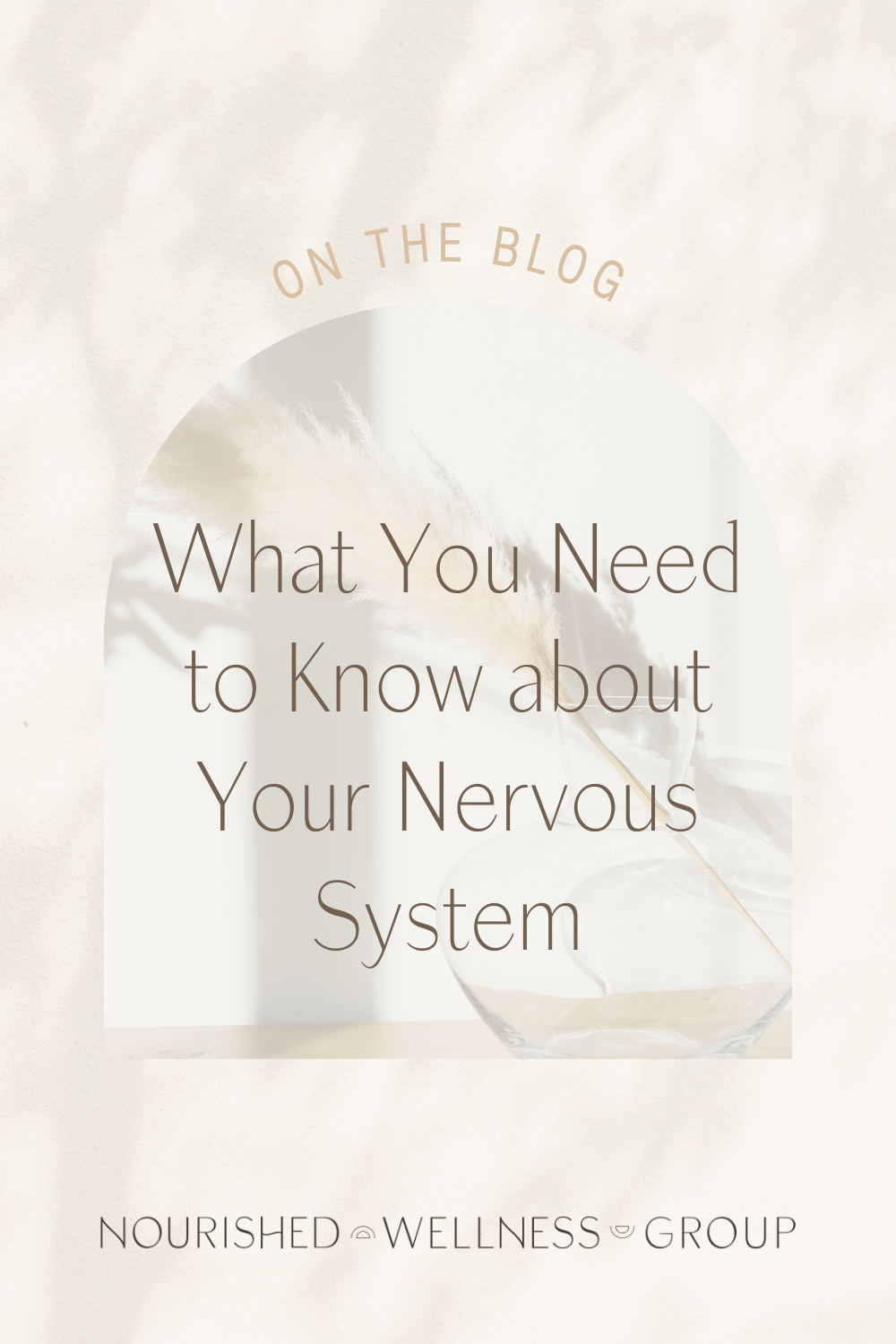Silencing Your Inner Critic
What is an inner critic?
We are constantly telling ourselves stories, it’s how we make meaning out of our experiences. Some of us may notice a storyline that can be self-critical, and judgmental, and constantly makes us feel like we’re doing something wrong. This is the role of an inner critic. It’s a part of us that is mean, quite harsh, and sometimes even abusive. If you’ve noticed this part of you, know that you are not alone.
So, why does this happen?
For some, an inner critic is developed with the intention of motivation. If I am strict with myself and have high expectations, I will be motivated to keep succeeding, right?
Well, it can actually have the opposite effect.
“Most people believe self-criticism is an effective motivator, but it’s not. Self-criticism tends to undermine self-confidence and leads to fear of failure. If we are self-compassionate, we will still be motivated to reach our goals — not because we’re inadequate as we are, but because we care about ourselves and want to reach our full potential” (Neff and Germer, 2018).
For others, an inner critic is born out of the way other people engage with us or how we watch others engage with themselves. This can be a learned behavior from parents or something that we internalize. Either way, it can have a heavy impact on our sense of self and self-worth.
“We learn to self-relate in a certain way by how we are treated by our caregivers, parents, teachers, family members, peers, and other influential people in our lives. If those people treat us with love, acceptance, respect, and care, we learn self-love, self-acceptance, self-respect, and self-care. However, if we lack these things in our early relationships or worse, if we are treated in a disrespectful, condescending, dismissive, neglectful, and otherwise abusive way we learn to treat ourselves the same way” (Cikanavicius, 2020).
Do you notice self-judgement, criticism, or thinking that you should have done something differently?
That’s your pesky inner critic talking.
how can I silence my inner critic?
There are several ways to work on your relationship with your inner critic. The first step is to start observing your inner critic. How can you tell that your inner critic is loud? How do you notice it?
The next step is often beginning a journey to heal your inner critic. An antidote to self-criticism is self-compassion. In exploring our inner critic, we have an opportunity to practice self-compassion through being curious. Start with observing your inner critic…
What is my inner critic’s intention? Is it perhaps, trying to protect me from something? What is it fearful of?
Oftentimes, the way we move through the world and our own experiences are shaped by how we learned to cope with the world and our own experiences. Sometimes, even parts of us that are mean and cruel to ourselves have misguided intentions that come from a well-meaning place.
what does healing my inner critic look like?
Healing your inner critic can look like creating room for another voice that balances out your inner critic. This can be done through challenging self-critical thoughts.
If you notice that your inner critic is abusive and perhaps was shaped by experiences of emotional abuse or relational trauma that you’ve experienced, it may be helpful to dismiss your critic altogether. Perhaps noticing the inner critic, labeling it (‘Ah, that’s just my inner critic’), and dismissing it.
If neither of these two does the trick for your inner critic, it may be helpful to do deeper work. This is often work that is helpful to do with a professional, especially someone who is trauma-informed.
How can Nourished Wellness group help?
We operate from an integrative and trauma-informed approach. Many of our therapists bring in self-compassion in their work with clients. Learn more about our clinicians and their specialty areas here.
Sometimes, the roots of our inner critic are deep and hard to get to. Utilizing a body based or a mind-body therapy can be helpful to get to the root of your inner critic. Perhaps, EMDR or brainspotting.
References:
Cikanavicius, D. (2020, January 17). Childhood trauma and your inner critic and what to do. Psych Central. Retrieved September 12, 2022, from https://psychcentral.com/blog/psychology-self/2020/01/trauma-inner-critic#3
Neff, K. and Germer, C., 2018. The Mindful Self-Compassion Workbook. New York: The Guilford Press.
Pin This Post!
Related Posts
If this post was helpful, you might also like these…









Feeling stuck in traditional talk therapy? Let’s chat about how bottom-up approaches like somatic therapy can help you access and process deeper layers of your unconscious emotional experiences.